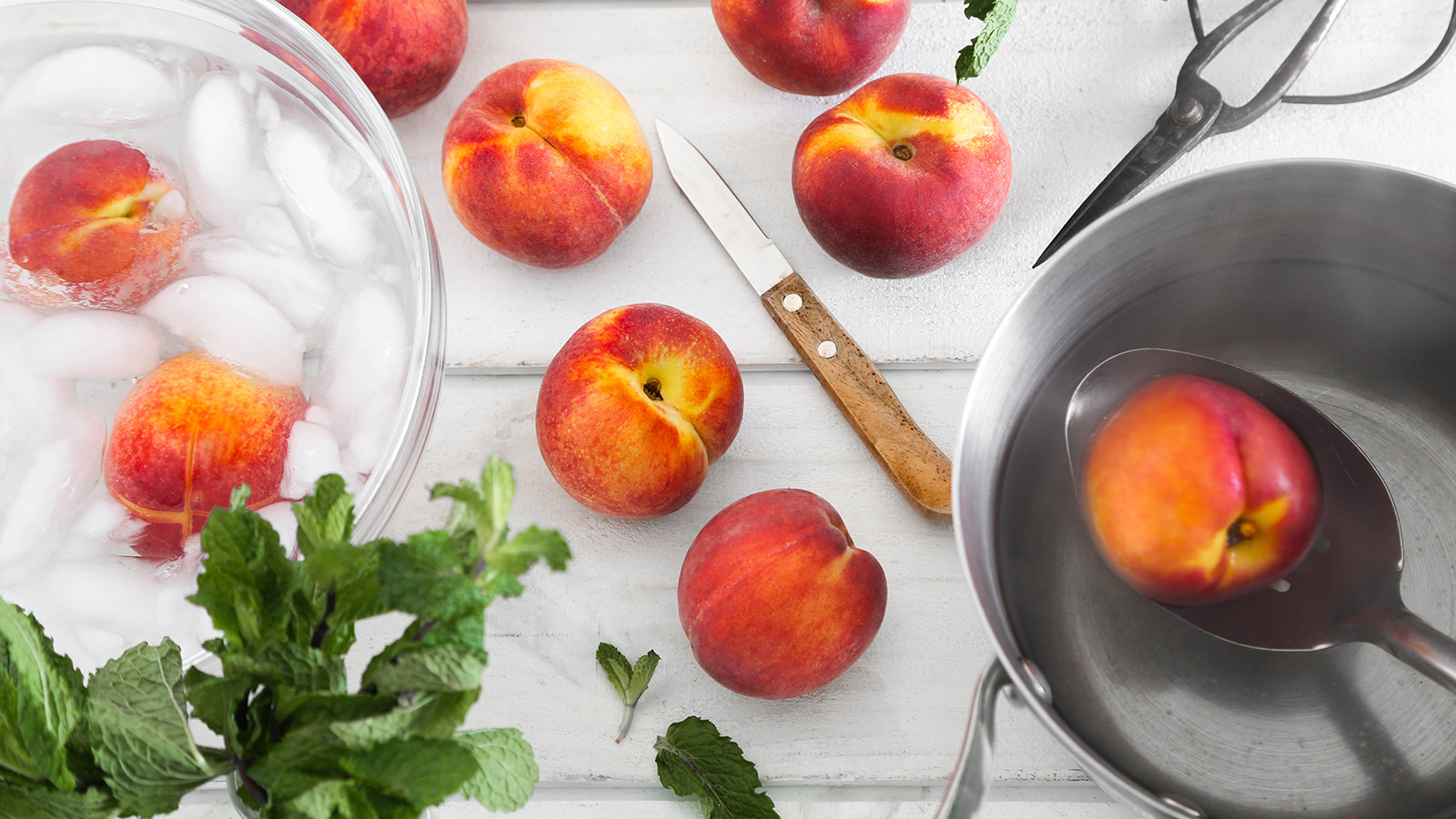Rye Bread - the Real Stuff

- Ready In:
- 50hrs
- Ingredients:
- 3
- Yields:
-
1 bread
ingredients
directions
- This is the way to make a real rye bread (as opposed to a bread containing rye flour).
- I have deliberately not given any measures.
- Firstly, I don't know, secondly, you can't make a proper bread if you simply measure up things and mix them together.
- Instead you need to produce a dough that feels right- don't worry, it's easy.
- First make a sour dough starter.
- Simply mix some flour- one or two cups- with water to make a thick, but rather runny paste.
- Put salt on top to stop it moulding, put a lid on and place it in a nice, warm place, eg on a radiator.
- Note: This procedure won't succeed if there are no natural yeasts and acid bacteria in the flour or the air.
- I have never had a problem, but who knows how things are where you live.
- After a few days it will be foaming and have a sour smell; I personally find the smell rather foul, but that's the way it should be, as long as it is sour and not turning any strange colour or getting mouldy.
- When the starter is ready, mix it with some lukewarm water.
- If you made your starter with one cup of flour, use~1 pint of water now.
- Add some salt.
- At this point you can add some 'roughage' too, like soaked, whole rye kernels or whatever.
- As the last step begin adding rye flour while mixing until the dough is firm enough to hand-knead.
- Tip it out on a floured table and continue adding flour and kneading until you feel the dough is 'right': when it doesn't stick too much to everything.
- Put it in a baking tin and leave it to rise; this can take quite a long time, maybe 8 hours.
- If you let it rise too long, it can turn very sour, but I usually leave for 4- 8 hours.
- Finally bake it at perhaps 125- 150 degrees Centigrade- haven't got a clue what it is in Fahrenheit, but it's not very warm.
- It should bake for at least 2 hours and the door should not be fully closed.
- It is a good idea to spray the bread with water from time to time to ensure that the crust doesn't separate from the rest of the bread.
- This bread will often be very sticky inside when it is fresh.
- The best things to do about it (in my opinion) is to allow the bread to settle- dry out a bit, basically- for a day or two.
- Some people add some wheat flour to the recipe, but that's cheating if you ask me.
- One thing that gives this bread a very nice taste is malt.
- Another thing: horses are crazy about rye bread!
Questions & Replies
Got a question?
Share it with the community!
Reviews
-
I liked this recipe as it is very basic or purist. However i agree with not putting salt on top as salt is supposedly a hinderance to growing yeast. So my starter (minus the salt) is sitting on the radator right now and is looking very happy, I have called him Dough. Hopefully Dough will grow and make a nice Rye bread when he is ready.
-
well, i tried this recipe and i ended up with two heavy bricks that tasted like flour and water, and smelled like sourdough. i had never heard of making bread without yeast before, and i loved the idea. i was disappointed, but instead of giving up, i did a little research- you are NOT supposed to put salt on it! it stops the mold, as well as the very bacteria that you are trying to grow. also, you are supposed to add a little flour and water every 24 hours so the yeasts don't die. also, it would've been good to mention that you can use only one cup of the mixture and refrigerate the rest, "feeding" it flour and water once a week so you'd have a lifetime supply of sourdough starter..there was a lot of important information left out of this recipe!!




